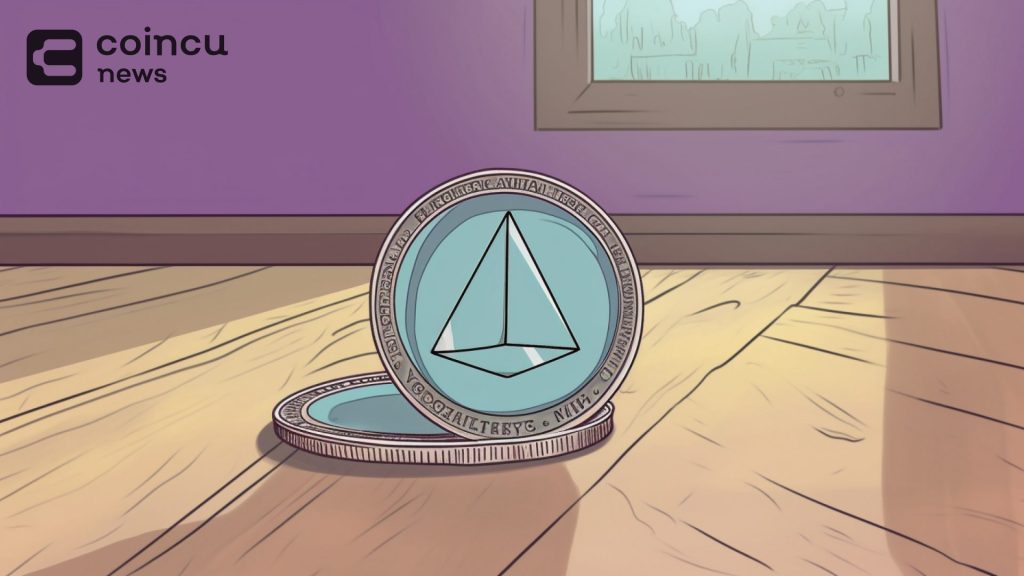VanEck Solana ETF Application Shows Potential Risks Causing Market Crisis
Key Points:
- VanEck Solana ETF application flags the risk of market price impact due to the top 100 wallets holding one-third of SOL tokens.
- Similar to past SEC objections, this concentrated ownership could hinder the ETF’s approval.
VanEck, a notable asset management firm, has submitted an application for a Solana (SOL) spot Exchange-Traded Fund (ETF) to the U.S. Securities and Exchange Commission (SEC).

VanEck Solana ETF Application Highlights Ownership Risks
According to DL News, the submission is groundbreaking as it introduces a unique risk factor not previously highlighted in other ETF applications: the concentrated ownership of SOL tokens.
In the documentation, VanEck revealed that by the end of November last year, the top 100 SOL wallets held approximately one-third of the total SOL in circulation. The firm emphasized that such concentrated ownership could adversely impact the market price if large holders decide to sell or distribute their tokens. This scenario could present a significant hurdle to the approval of the VanEck Solana ETF, given that SOL’s distribution is not as widespread as that of Bitcoin and Ethereum.
This concern echoes previous objections by SEC Commissioner Caroline Crenshaw, who cited the centralized ownership of Bitcoin as a reason for opposing a spot Bitcoin ETF earlier this year. Despite these concerns, Matthew Sigel, VanEck’s head of digital asset research, argued that the Solana network itself is decentralized, supported by a diverse user group that sustains its transaction infrastructure.
In addition to these concerns, VanEck’s application for an Ethereum ETF also listed similar risks. The VanEck Solana ETF application, however, stands out as the first of its kind in the United States. According to SEC documents, VanEck’s Solana Trust aims to reflect the price performance of Solana, minus operating expenses, and will be listed on the Cboe BZX Exchange, pending regulatory approval.
Details and Approval Prospects of VanEck Solana ETF
The Solana Trust will hold SOL tokens and value its shares daily based on the MarketVectorTM Solana benchmark exchange rate. Notably, the trust, its sponsor, or any associated entity will not engage in staking activities to earn additional SOL or generate income. The offering of the trust’s shares is registered under the Securities Act of 1933.
The VanEck Solana ETF application follows the SEC’s recent approval of spot Ether ETFs on May 23, 2024, which classified ETH as a commodity rather than a security. Unlike Bitcoin and Ethereum, SOL lacks a futures-based ETF product, potentially affecting its approval. However, Bloomberg senior ETF analyst Eric Balchunas suggested that regulatory perspectives might shift with a new administration.
| DISCLAIMER: The information on this website is provided as general market commentary and does not constitute investment advice. We encourage you to do your own research before investing. |






















